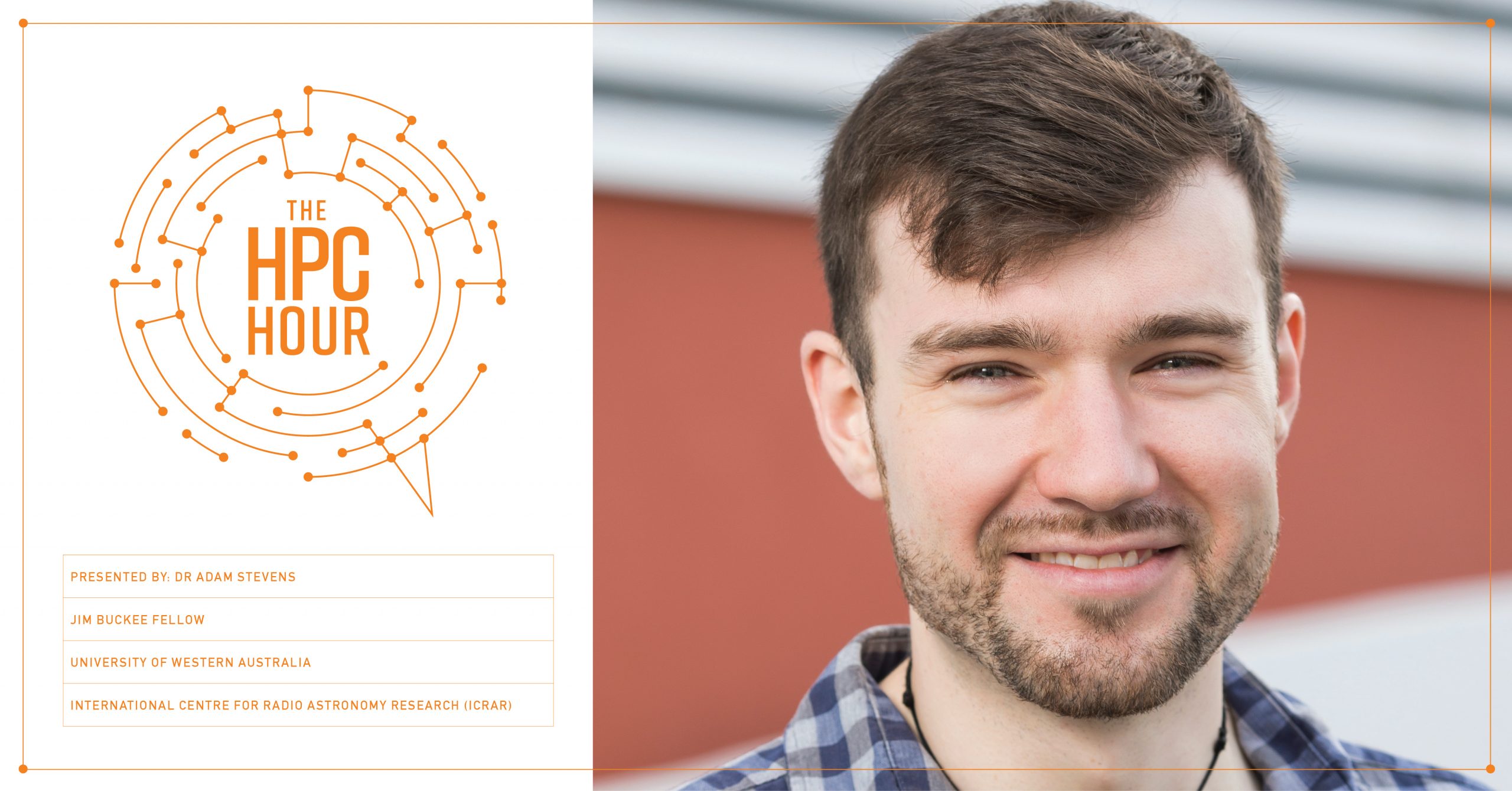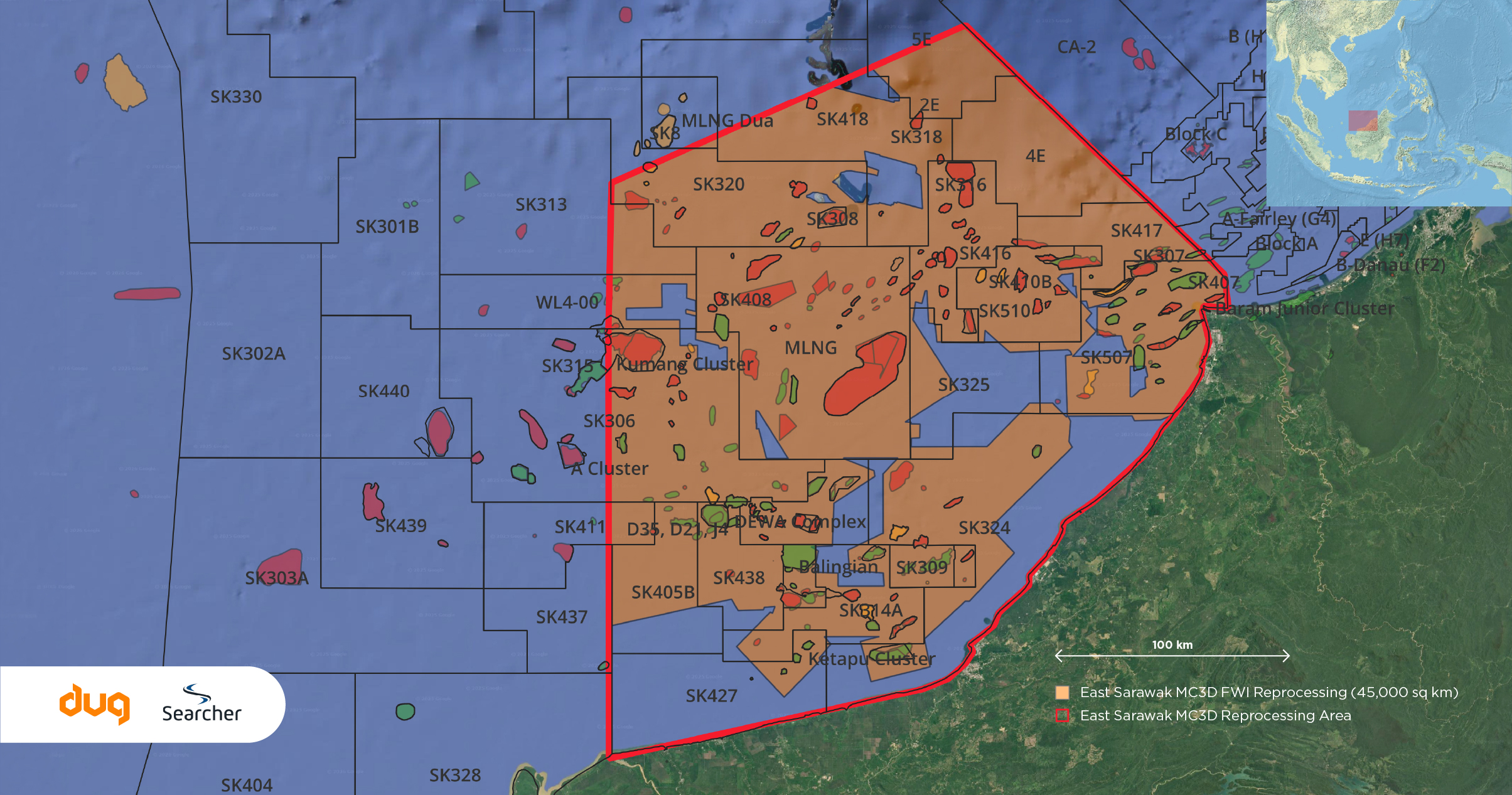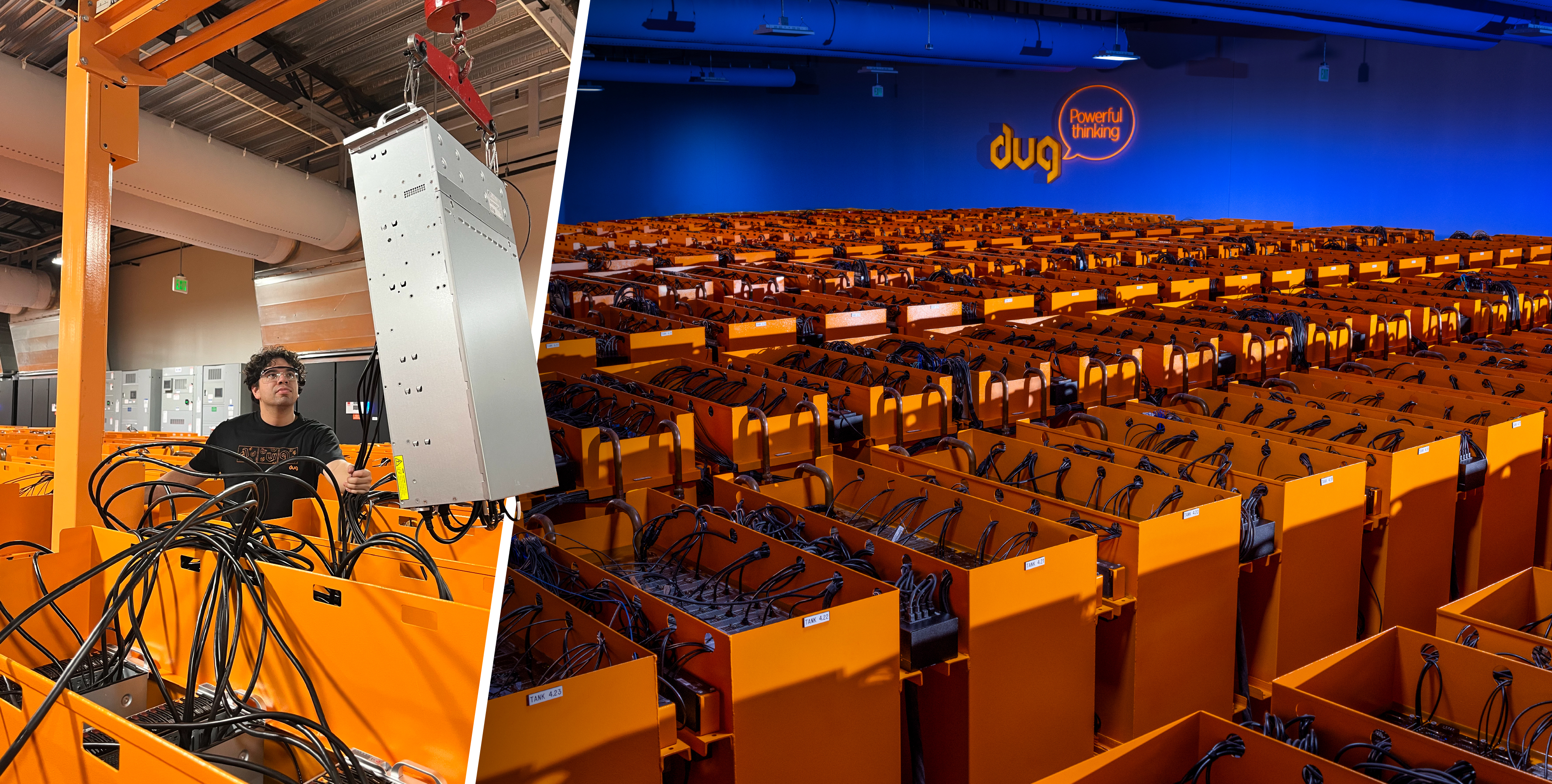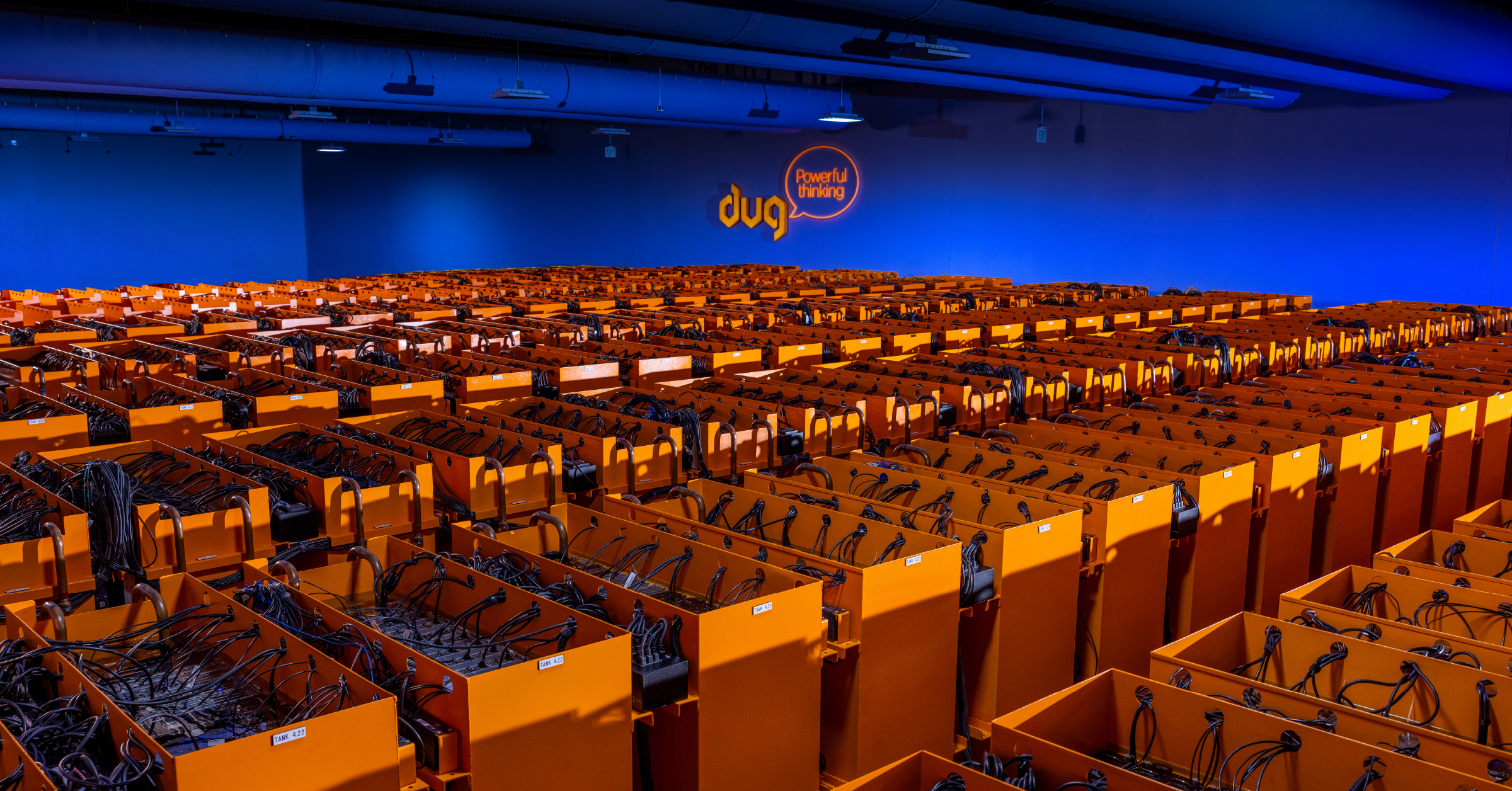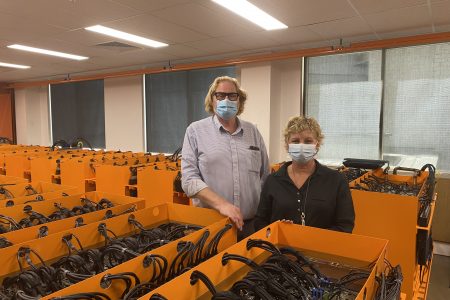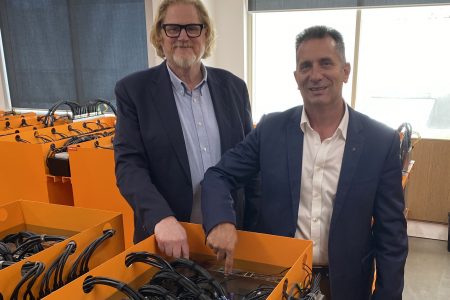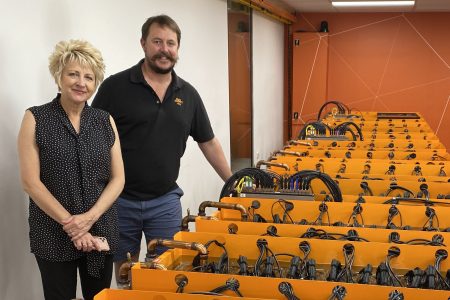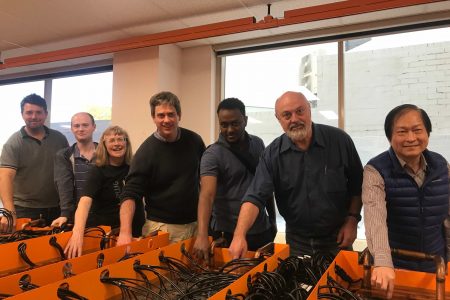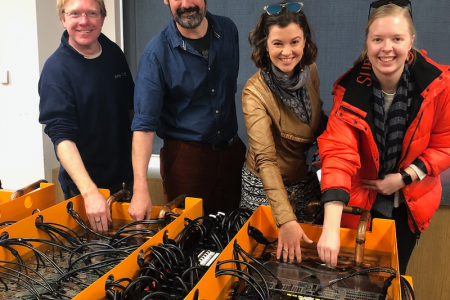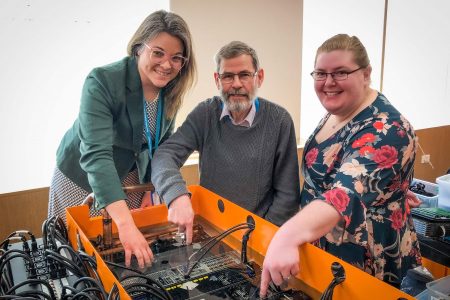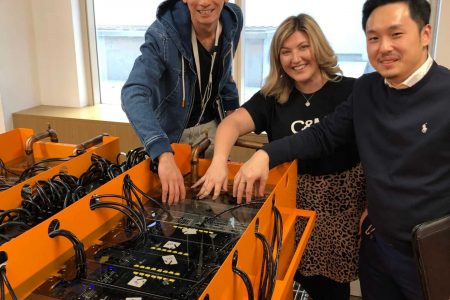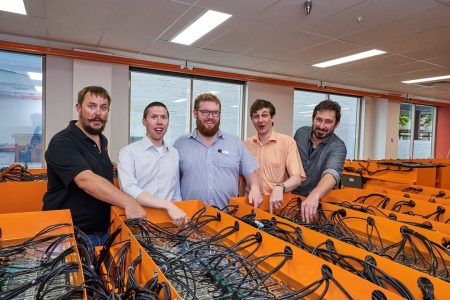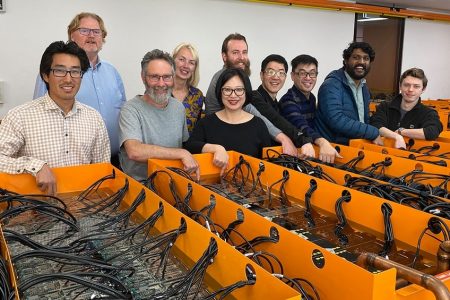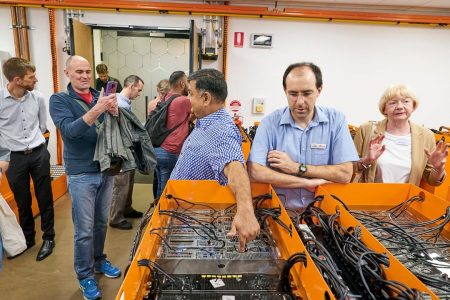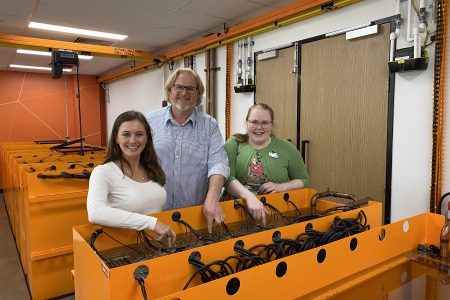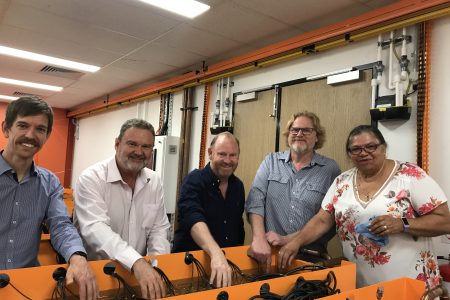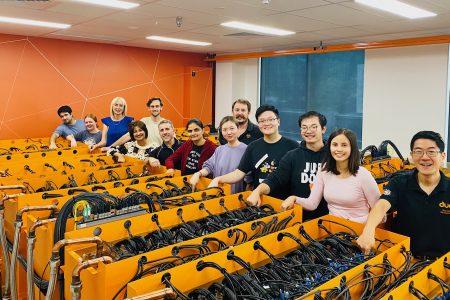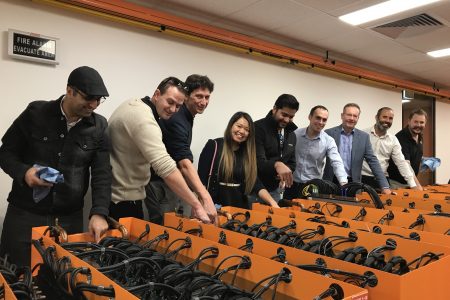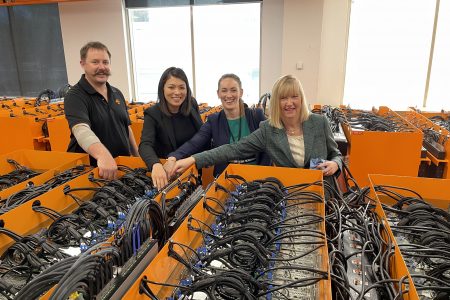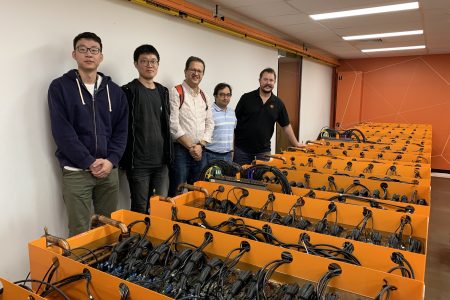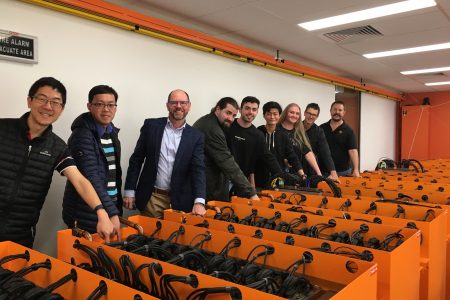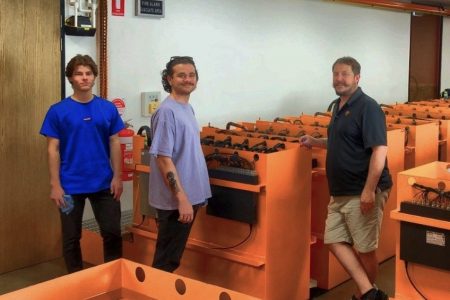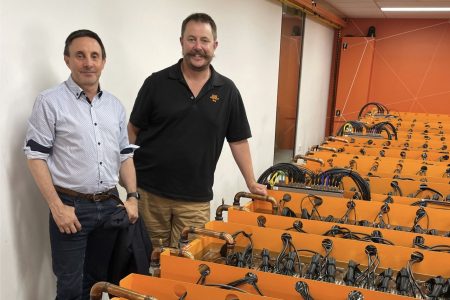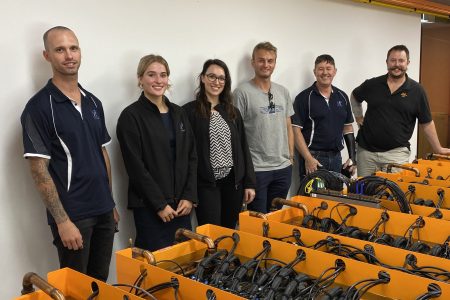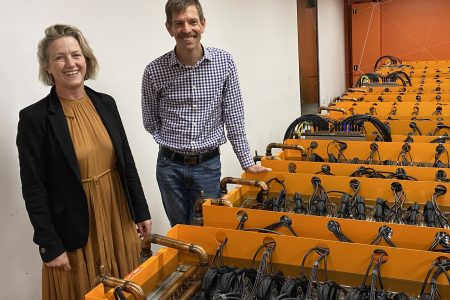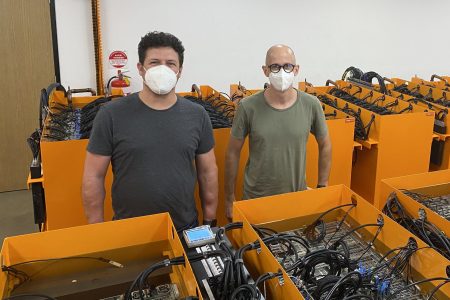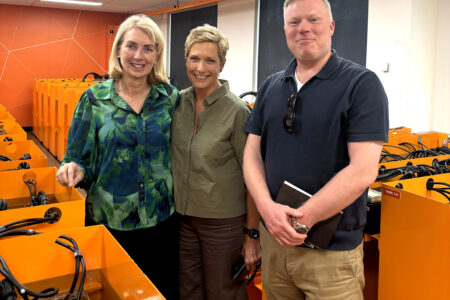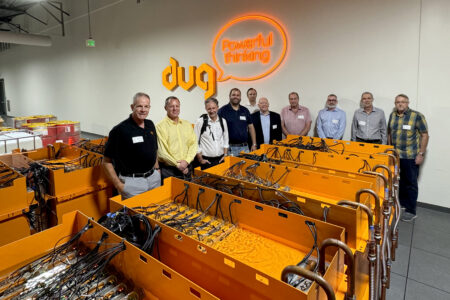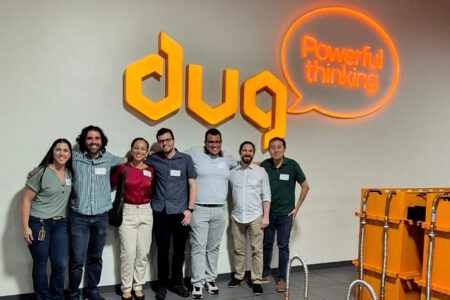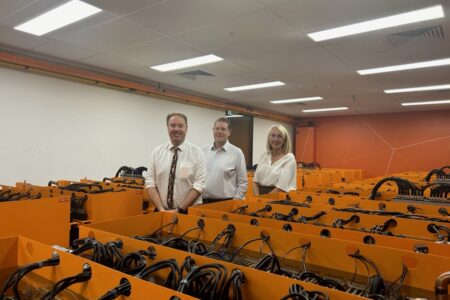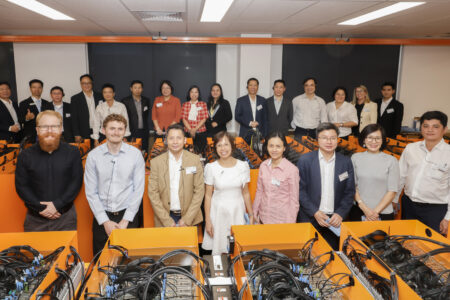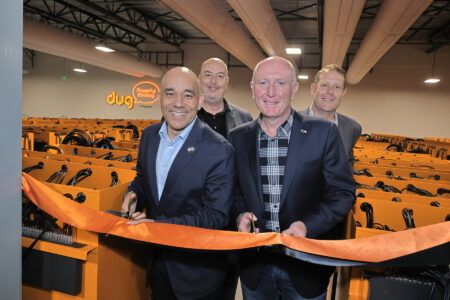Perth friends and colleagues are invited to network and learn with us as we share ideas and celebrate HPC and science. Join us for a special presentation from The University of Western Australia’s Dr Adam Stevens titled: The Imperative for Sustainable Computing for Astronomers (and us all). It will be held at DUG’s Perth office, Thursday 19 November at 3pm.
We are thrilled to have Dr Stevens to present at our third HPC Hour event. Dr Stevens is the Jim Buckee Fellow at the International Centre for Radio Astronomy Research (UWA). While his primary research field pertains to cosmological simulations of galaxy formation, he is also an advocate for climate change awareness, and currently heads the team of sustainability officers at ICRAR-UWA.
The following abstract from his talk gives us an insight into what will be a fascinating presentation:
To be a successful astronomer in the modern day requires using highly energy-demanding facilities like supercomputers and observatories, and — prior to the pandemic — came with an expectation of frequently flying around the world for collaboration and conferences. These activities all carry a cost to the environment, namely in greenhouse gas emissions, which directly contribute to climate change.
We recently conducted a study in Australia to quantify the annual emissions of the average astronomer from work-related activities. Strikingly, our estimates suggest this is about 40% more than the average Australian’s emissions from their work and personal lives combined, equivalent to five times the global average per-capita emissions. The majority of our emissions comes from supercomputing, due in part to the reliance of Australia’s electricity grid on coal burning.
In this talk, I will describe what we accounted for in our study, how we reached our final emissions estimate, and how this compares this with analogous studies from astronomy groups in other countries. I will point to examples where progress has since been made in reducing supercomputing emissions, which provide a platform for us to reach the point of sustainable computing. Achieving this asap is a moral imperative for all HPC users and providers, given the global climate crisis.
Dr Stevens completed his PhD in astrophysics in 2016 at Swinburne University in Melbourne. In 2017, he joined the International Centre for Radio Astronomy Research at The University of Western Australia (ICRAR-UWA) as a postdoctoral research fellow, where he continues to research.
If you’d like to join us for this informative presentation, which will be followed by networking and refreshments, drop us an email at [email protected].


